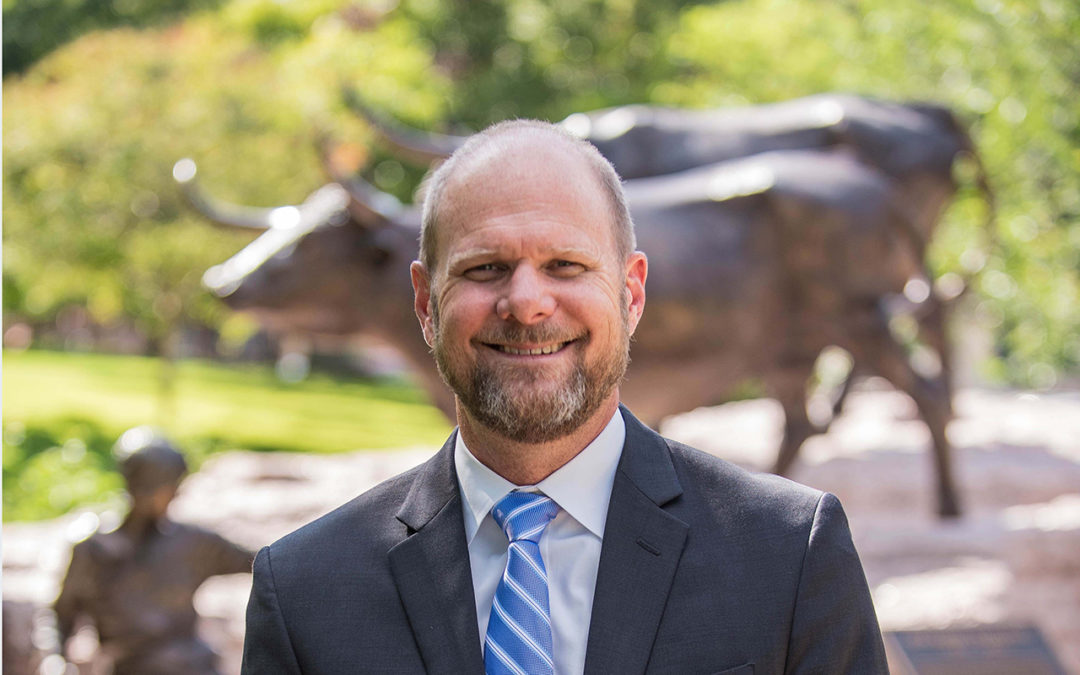Recently, an elected state leader told me that public education, like health care, has long been on the fringe of what the government should be involved with. In other words, public education is not really a core function of our government. I couldn’t disagree more.
Unlike health care, public education has always been embedded as an essential function of our state and local governments. I will leave the debate about health care to others; that is not in my wheelhouse. But I will point out that the lack of public education was listed in the Texas Declaration of Independence from Mexico as a major reason for rebellion:
“It (the Mexican government) has failed to establish any public system of education, although possessed of almost boundless resources, (the public domain,) and although it is an axiom of political science, that unless a people are educated and enlightened, it is idle to expect the continuance of civil liberty, or the capacity for self-government.”
Or how about the Texas Constitution? It explicitly lays out the importance of public education to the liberties and rights of the people:
“A general diffusion of knowledge being essential to the preservation of the liberties and rights of the people, it shall be the duty of the Legislature of the State to establish and make suitable provision for the support and maintenance of an efficient system of public free schools.”
I could go on and on about how states across the country set up land grants to help fund public schools and universities, how one-room schoolhouses popped up all over our nation that were supported by their entire communities, and how essential our public schools are to the success of this experiment in democracy we call America. Anyone who suggests public schools are on the “fringe” does not have a basic understanding of American and Texas history.
Even more important than our system of public education (because we wouldn’t have it without them) are our Texas educators. But as school doors open across our great state this year, they are faced with incredible challenges. Whether it is passionate, politicized debates over masks and curriculum, or whether it is the pressing academic and social-emotional needs of our students due to the pandemic, the past 18 months have been the most challenging many of us have experienced in our lifetimes. Yet, our educators and educational leaders are the glue that holds our communities together. We should be praising them, thanking them, respecting them, and building monuments in their honor. That is how important they are to our society – and to our democracy.
Every day in public schools across America, every child is welcome regardless of ability, race, politics, religion, or socio-economic status. Educators give everything they have to not only prepare and inspire their students to do great things, but also to support them and be there for them during difficult times. In so doing, they are saving the lives of children, ensuring a bright economic future for our communities, modeling service to others, and yes, protecting the “continuance of civil liberty and the capacity for self-government,” all while putting their own personal safety on the line. In my humble opinion, there is no greater act of humanity or act of patriotism than what our educators and educational leaders are doing right now. For that, I am eternally grateful.
-TASA Executive Director Kevin Brown, Ed.D.
READ MORE POSTS


